
A study including 17 cohorts with a total of more than 300,000 individuals found that ambient air pollution of various types contributes to lung cancer incidence across nine European countries.

Your AI-Trained Oncology Knowledge Connection!


A study including 17 cohorts with a total of more than 300,000 individuals found that ambient air pollution of various types contributes to lung cancer incidence across nine European countries.
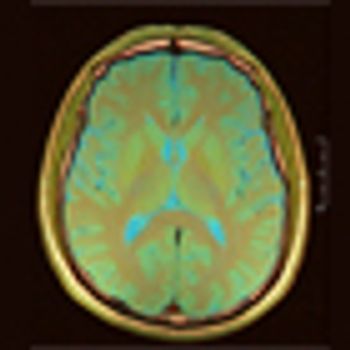
A pair of studies from the ASCO annual meeting examined bone metastases from lung cancer, with one study finding that survival in patients was poorer in patients with bone metastases, and another study finding that the development of bone metastases could predict subsequent development of metastasis in the brain.

Researchers found that the more cost-effective option (surgery vs SBRT) in stage I lung cancer depends on whether the disease is clearly or marginally operable.

Interim results of a small phase II study found a relatively good response rate with dabrafenib in BRAF V600E mutation-positive stage IV non-small-cell lung cancer (NSCLC) patients. The results were presented at ASCO.
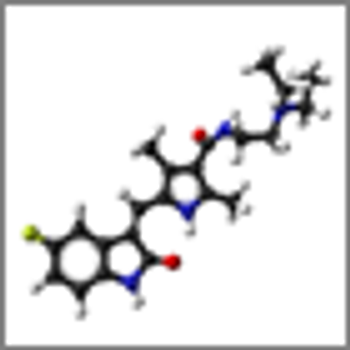
A randomized, phase II trial showed improved progression-free survival in small-cell lung cancer with maintenance sunitinib vs placebo following standard chemotherapy, according to results presented at the ASCO annual meeting in Chicago.

Today at the 2013 ASCO meeting, we are discussing targeted therapy strategies for lung cancer and for treating patients after resistance to these drugs.

A phase III study, presented at ASCO, comparing pemetrexed and carboplatin with paclitaxel, carboplatin, and bevacizumab failed to find a difference in a composite endpoint of progression-free survival and severe drug-related toxicities in patients with nonsquamous non–small-cell lung cancer.

A simple serum protein test can help guide treatment decisions between chemotherapy and erlotinib as second-line therapy for patients with non-small-cell lung cancer, according to results of a phase III study presented at ASCO.

Results from the GALAXY-1 trial showed that the novel second-generation heat shock protein 90 (HSP90) inhibitor ganetespib could potentially improve survival in patients with advanced-stage non–small-cell lung cancer.

Guiding treatment for non–small-cell lung cancer (NSCLC) using expression levels of the proteins RRM1 and ERCC1 led to no difference in either progression-free or overall survival, according to a study presented at the American Society of Clinical Oncology (ASCO) annual meeting.

A massive French database study shows that genetic tumor profiling in patients with non–small-cell lung cancer (NSCLC) is feasible, and is already helping physicians guide treatment in many patients, according to results presented at the American Society of Clinical Oncology annual meeting in Chicago.

A large study shows that middle-age men engaged in lots of cardiovascular exercise have a reduced risk of developing and dying from lung and colorectal cancer.
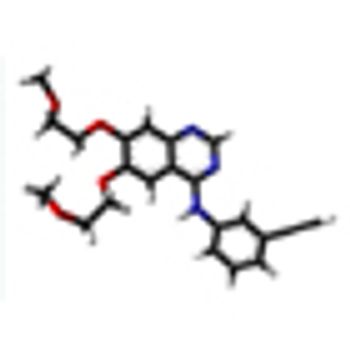
The FDA approved a label expansion for erlotinib (Tarceva), along with the cobas EGFR mutation diagnostic test, to include patients untreated metastatic NSCLC patients whose tumors have either a deletion in exon 19 or exon 21 (L858R) substitution mutations in the EGFR gene.

A number of drugs have been approved that result in significant tumor responses. While many of these new drugs are associated with improved clinical outcomes, much more work in this area is essential, as most patients have tumors without such molecular features.

If we are to provide new options for the large numbers of NSCLC patients with no actionable mutation, we must focus on identifying new mutations through tissue acquisition. In the meantime, these patients are ideal candidates for the large number of available immunotherapy trials.
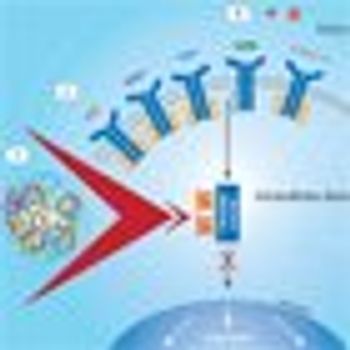
This review will describe the well-known use of VEGF antibodies; the current uses of EGFR and ALK tyrosine kinase inhibitors; newer agents being used against MET, FGFR, and other intracellular targets; insights regarding the field of immunotherapy in lung cancer; and finally, newer developments in chemotherapy.
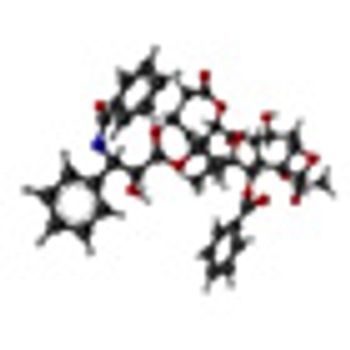
Expression of the beta-3 tubulin (ß3T) isoform was a negative prognostic factor in non–small-cell lung cancer (NSCLC) patients, but did not predict treatment response for either paclitaxel or tubulin-inhibiting chemotherapy with ixabepilone.
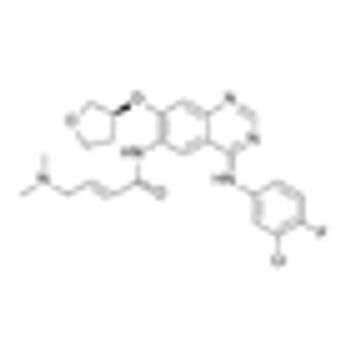
A new study shows that drugs targeting HER2 might provide good results in the rare non-small-cell lung cancer (NSCLC) patients with HER2 mutations.

Women with lung cancer who ate more soy prediagnosis appear to survive longer than patients who ate fewer soy-based foods, according to a new Chinese study.

The faster one smokes a cigarette after waking in the morning, the higher the biologic exposure to an important tobacco-related carcinogen, according to a new study. Time to first cigarette, or TTFC, could be a useful marker of high lung cancer risk among smokers as a result.

In this interview, ahead of the AACR annual meeting, we speak with Dr. Julie Brahmer, of Johns Hopkins School of Medicine, who is giving a presentation on immunotherapy in lung cancer, and is one of the clinical investigators of the extensive phase I trial of the anti–PD-1 antibody nivolumab.

I see these tragedies unfold so often it has become routine for me now, yet don’t think that your life was less precious, that your death is less grievous, just because you killed yourself with cigarettes. It is not too late to change your future-listen to me!

Improving the selection criteria for lung cancer screening, which remains controversial, can improve the sensitivity of screening without losing specificity, and could help avoid additional deaths from lung cancer.

Based on revised data from a troubled phase II trial of the new drug bavituximab, Peregrine Pharmaceuticals is aiming to move the agent into phase III testing in non–small-cell lung cancer (NSCLC) by the end of 2013.

Most Americans are aware that technical experts from Consumer Reports magazine consistently rank televisions and automobiles manufactured by Japanese companies higher than their US counterparts, but I believe that neither Consumer Reports nor US physicians understand how much better lung cancer treatment results are in Japan.